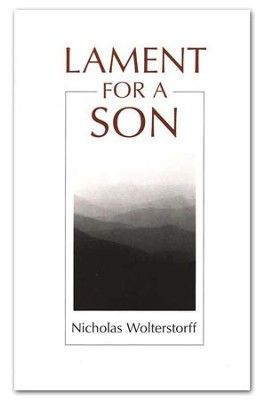Philip Yancey’s latest blog post shares his grief over the recent loss of his ninety-nine-year-old mother. He offers a “kind of mental dialogue” between himself and Nicholas Wolterstorff, a Christian philosopher, scholar, and author. In the early 1980s, Wolterstorff wrote Lament for a Son, a moving response to the death of his twenty-five-year old son, Eric, in a mountain-climbing accident.
Yancey spent his mother’s last week near her in Georgia, reflecting her life through the prism of Wolterstorff’s more recent memoir, In This World of Wonders. His post moves between his own thoughts and Wolterstorff’s insights:
There’s a huge difference between the grief from losing a 25-year-old son, so full of promise, and grief from losing a mother who has lived one year shy of a century. I well understand, though, what you mean by “What else was there to do but write?” I recently wrote a memoir, Where the Light Fell which, like yours, reflects a style different from anything else I have written. In it, I tried to piece together the fragments of my own life. Writing allows us to impose some order on what we experience in a seemingly random sequence.
Yancey’s post reminded me of my dad’s last week of life, in the summer of 2018. My dad was almost eighty-three. Like Yancey, I felt that my dad had lived a full life. To help make sense of his passing, I wrote about it in my second book, When Losses Become Legacies.
I referred to both Yancey and Wolterstorff in Legacies. Both are believers in Christ who have grappled with how to grieve well in light of that faith. Their collective wisdom is a balm for anyone grieving. Consider this passage from Lament:
God is not only the God of the sufferers but the God who suffers. The pain and fallenness of humanity have entered into his heart. Through the prism of my tears I have seen a suffering God. It is said of God that no one can behold his face and live. I always thought this meant that no one could see his splendor and live. A friend said perhaps it meant that no one could see his sorrow and live. Or perhaps his sorrow is splendor. And great mystery: to redeem our brokenness and lovelessness the God who suffers with us did not strike some mighty blow of power but sent his beloved son to suffer like us, through his suffering to redeem us from suffering and evil. Instead of explaining our suffering God shares it.
Lament is profound, insightful, and accessible—a read that will stay with you, no matter where you are on your grief journey.

Leave a Reply